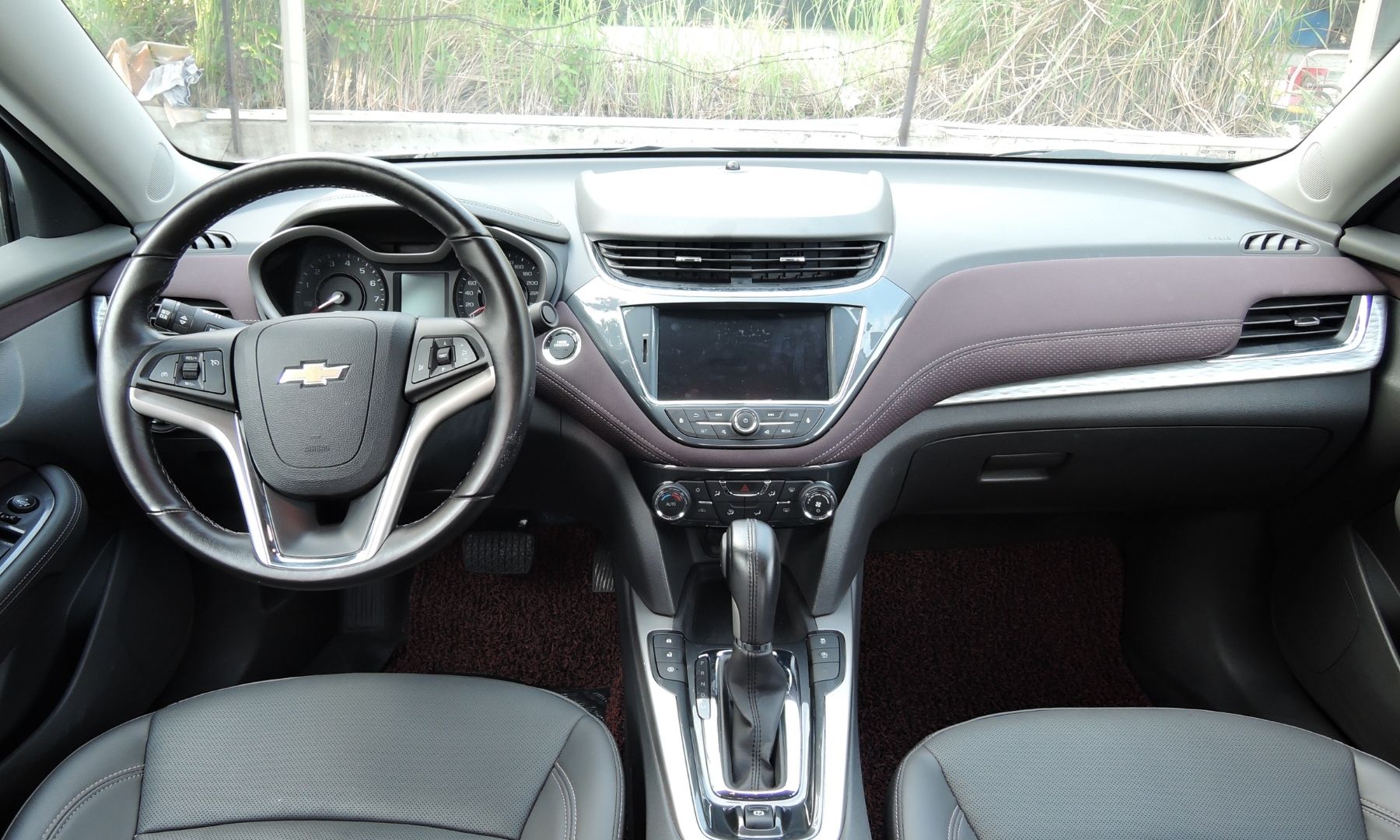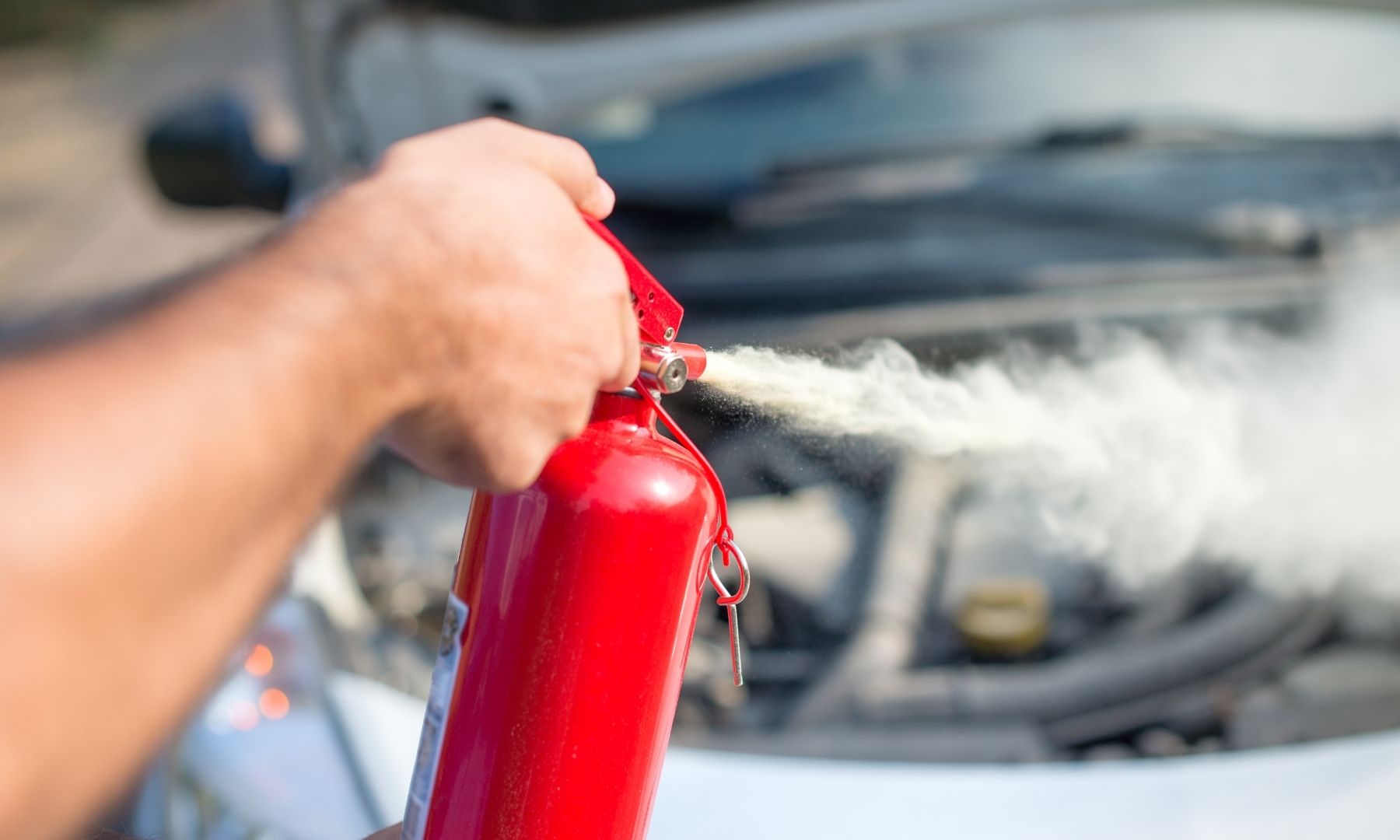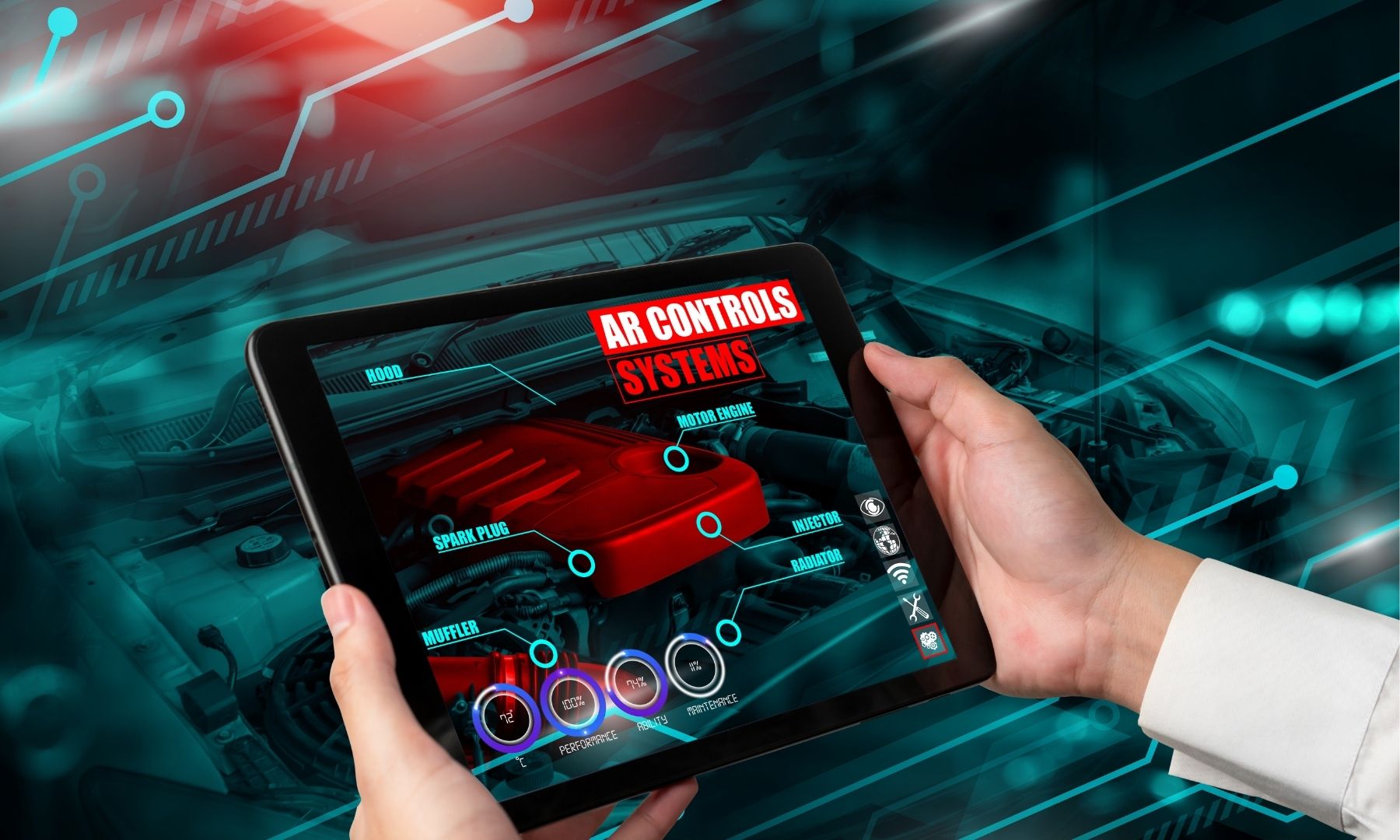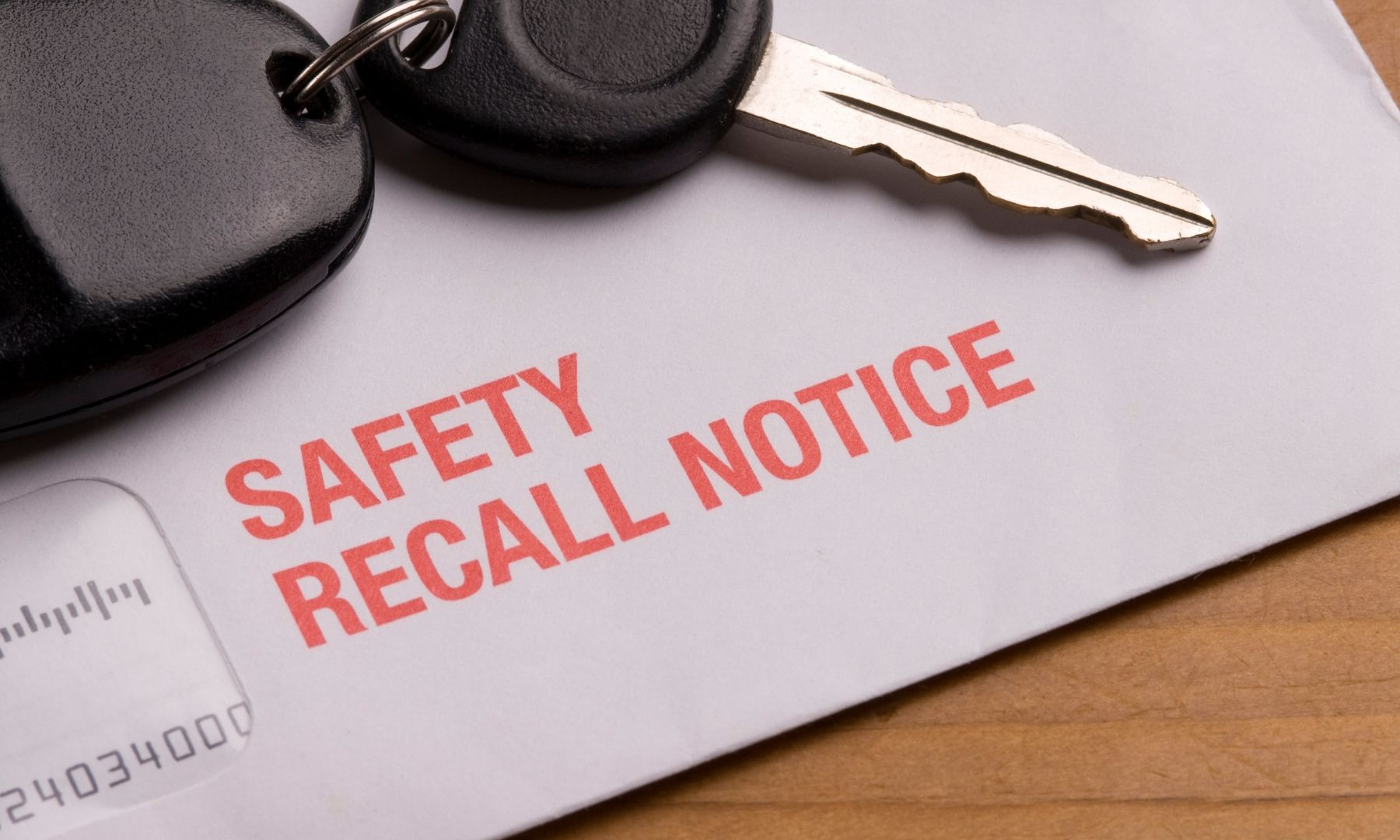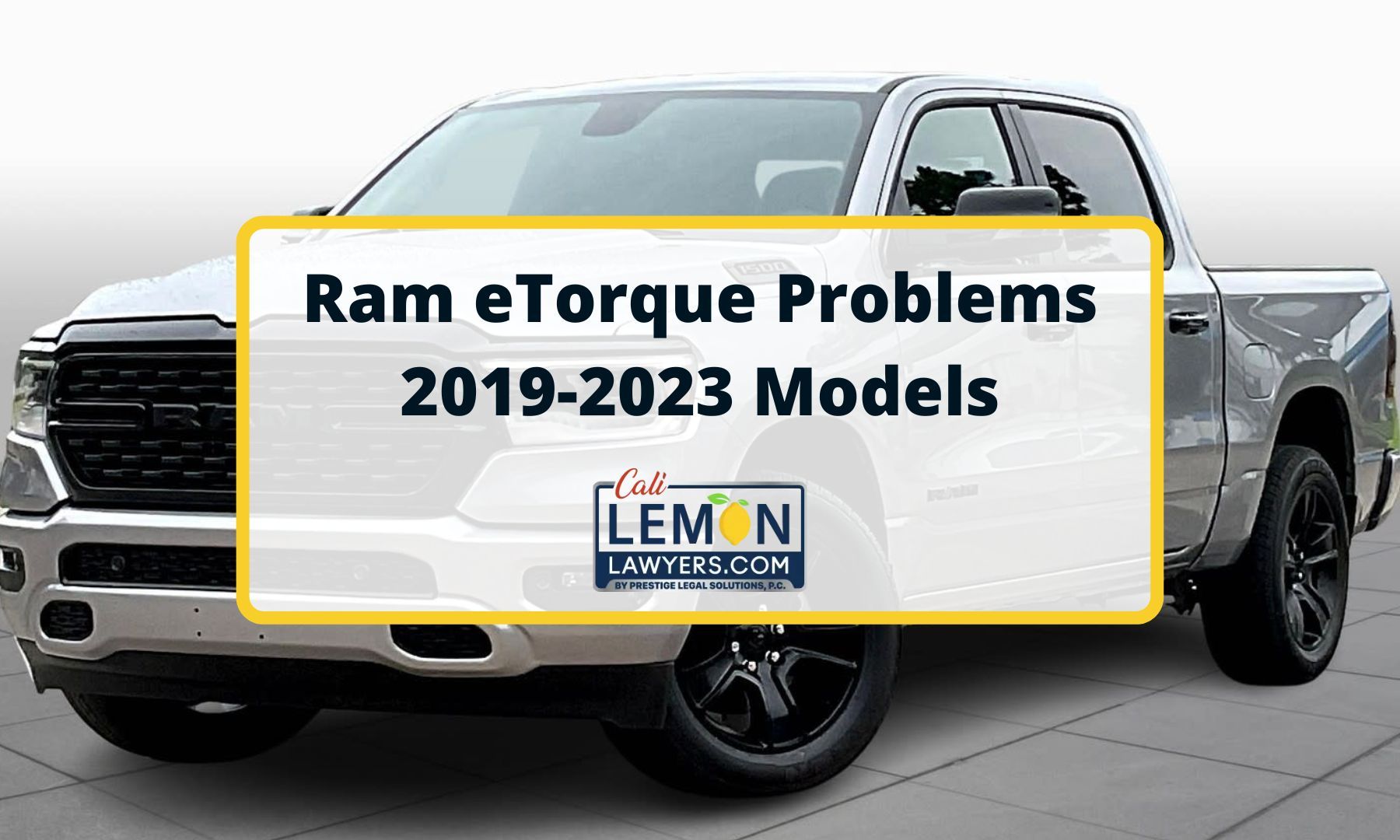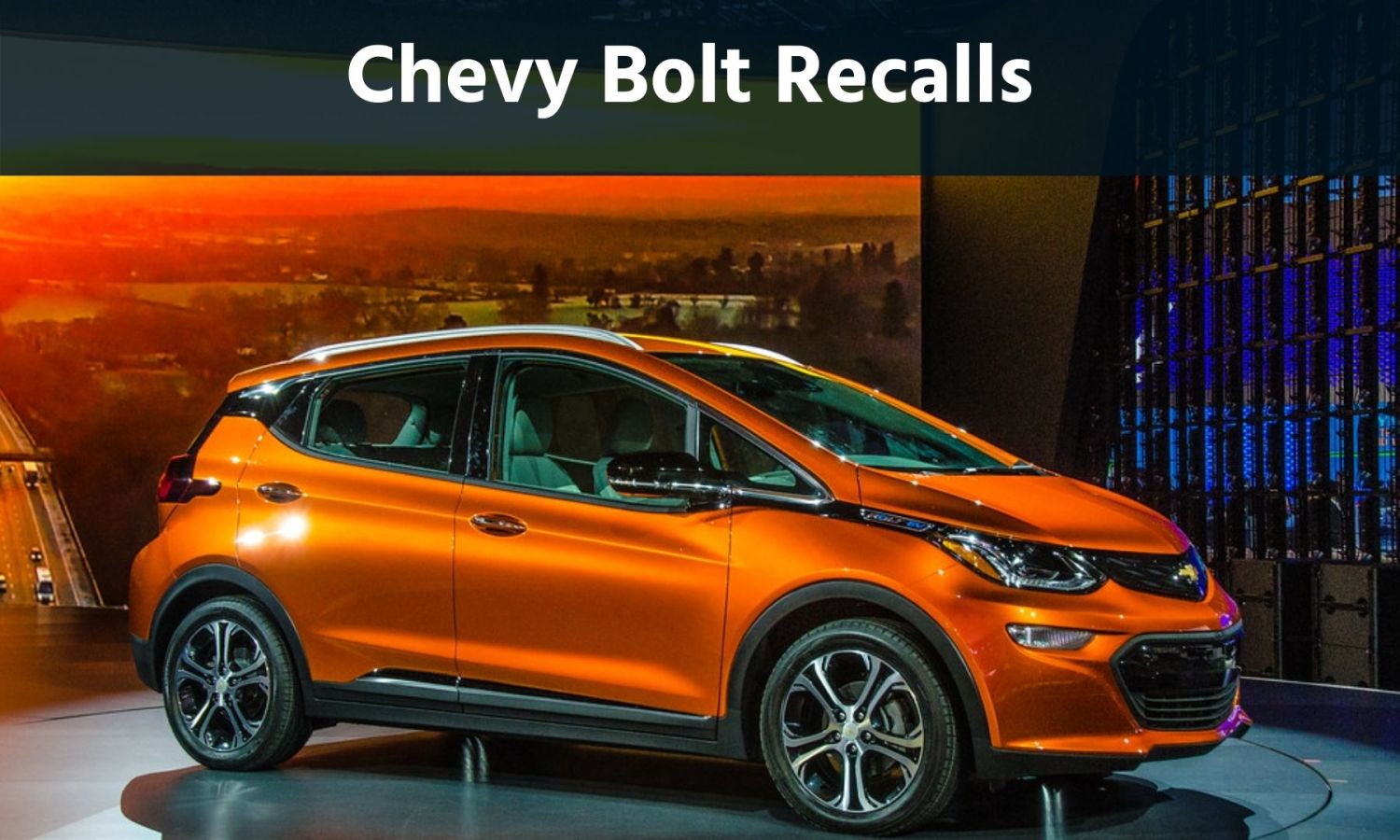
Chevy Bolt Recall Update
It has been more than two years since the Chevy Bolt recall due to battery-related fire risks. In this article, we analyze the repercussions of the recall, taking a close look at its impacts on the electric vehicle (EV) industry and Chevrolet as a company. We will also examine the lessons learned and how they have shaped the EV landscape today.
If you leased or purchased a 2017-2023 Chevy Bolt it is very likely that you are entitled to compensation. Contact Cali Lemon Lawyers for a free case evaluation.
Initial Reports and Investigation
The Chevy Bolt recall began in November 2020, following reports of battery fires in parked vehicles. The National Highway Traffic Safety Administration (NHTSA) initiated an investigation, discovering that the root cause was a manufacturing defect in the high-voltage battery cells produced by LG Chem.
The Recall Process
In response to the findings, Chevrolet issued two major recalls. The first recall, in January 2021, affected 68,667 vehicles and involved a software update to address the battery issue. However, the issue persisted, and in July 2021, a second recall was issued for 110,000 vehicles, which required battery module replacements.
The Financial Impact of the Recall
The Chevy Bolt recall had significant financial repercussions for both Chevrolet and LG Chem. General Motors (GM), Chevrolet’s parent company, estimated the cost of the recall at $1.8 billion. The expense was shared between GM and LG Chem, with the latter shouldering a large portion of the cost.
How the Chevy Bolt Recall Affected Consumer Perception
The recall tarnished the reputation of the Chevy Bolt and raised concerns about the safety of EVs in general. Consumers became more cautious when considering EV purchases, with many opting for established brands with proven track records. Chevrolet’s market share in the EV segment declined, opening up opportunities for competitors such as Tesla, Ford, and Volkswagen.
Steps Taken by Chevrolet to Rebuild Trust
In an effort to rebuild consumer trust, Chevrolet implemented several measures:
- Transparent communication: Chevrolet kept customers informed about the recall process, providing timely updates on the progress of the investigation and resolution.
- Commitment to safety: The company emphasized its dedication to safety by implementing rigorous quality control measures and working closely with LG Chem to rectify the battery issues
Considerations, Concerns and Recent Updates
What has GM/Chevy done to make things right for Chevy Bolt owners? Late last year Chevy announced that they would be providing a software update and hardware replacement to correct the issue. GM has offered full battery module replacements for the 2017-2019 Bolt EVs and is set to provide defective battery replacements for the 2020-2022 Bolt EV/EUV.
These battery replacements can be done at any GM dealership with no charge to the owner. Customers should make a service appointment as soon as possible with a dealer near them.
What Is The Chevy Bolt Software Update?
As the battery modules and replacements continue under the previous guidelines for the recall, General Motors informed Bolt owners of a software update that allows them to remove the overnight charging and parking limitations on their vehicles. That way, it could focus on building replacement battery modules.
The new software update automatically sets the maximum charge state to 80 percent, allowing owners to resume:
- Charging indoors overnight
- Parking indoors after charging
- Operating under 70 miles of range (greater overall vehicle range compared to the prior charge limitation guidance)
On top of that, the update can run diagnostics that detect specific abnormalities that could indicate a rare battery problem. These diagnostic processes are crucial.
Not the Final Straw
It should be noted that the new software isn’t a final recall remedy. Owners should be notified when a replacement battery module is available. They should be aware of battery performance and stop driving Bolt EVs if they notice a problem.
Overall, GM is working with the battery supplier (LG) to identify the problem source, developing manufacturing methods that keep defects out of the newly built replacement modules. LG claims that it has now resumed production of batteries, increasing the manufacturing process to provide cells needed as replacements in the recall. This only applies to the Bolts and isn’t associated with the Hyundai Kona EV issue.
Is Your Chevy Bolt A Lemon?
If you own one of these recalled Bolts, the ongoing recall could indicate that you have a lemon. It’s best to contact a lemon law attorney to determine what your next steps are, especially if your vehicle caught fire, damaged other property you own, or hurt you in any way.
What Sounded The Alarm?
GM issued a recall for the Chevrolet Bolt EV and EUV because fire marshals blamed the Bolt batteries for various fires. On a positive note, there were no reported injuries from fire, but over a dozen vehicles did catch fire. Several of these fires spread to structures where the car was parked and happened many hours after being driven.
Initially, GM believed the problem was only for the 2017 to 2019 EVs. Dealers installed software to prevent the batteries from charging to full capacity. They inspected them, and replacements what seemed to be the safest option.
However, two more fires occurred from the battery pack, which is why the current Bolt recall is in effect, alerting customers of the problem.
What Should Bolt Owners Do?
Full battery replacements are underway, but there’s a new software update that can alleviate some frustration. Until you receive your replacement parts (the new battery), you should:
- Set the vehicle’s maximum state of charge to 90 percent with the Hilltop Reserve mode (2017-2018 years) or the Target Charging Level (2019-2022 years). There are videos online to show you how to do this, but you may also visit any dealer to have the adjustments completed.
- Charge the vehicle more frequently to avoid depleting the battery level below 70 miles of the remaining range if possible.
- Park the vehicle outside immediately after you charge it, and don’t leave it charging indoors at night. Don’t park inside at all if possible.
Once owners get new batteries and software installed, they can safely resume their normal activities, such as parking inside.
Chevy Lemon Law Information
The current Bolt EUV/EV recall has owners questioning whether they own a lemon under the California lemon law. This issue can be two-fold.
GM knows about the issue and the potential for a damaged battery. It tried rectifying the situation with a software update that limited the charge’s capacity, but that didn’t help. From there, it spoke to the supplier, determining that there was an issue on that end. LG did fix the problem and is now producing safe batteries for these cars.
Since GM acknowledges that these battery fires are possible for Chevrolet Bolt EVs, it must buy them back under the lemon law. In some cases, GM isn’t doing this promptly or refuses to buy back the vehicle at all.
The lemon law in California requires car companies to repurchase unsafe vehicles or those with manufacturing defects quickly, within 30 days. There’s a simple reason: dangerous or defective cars must be removed from the road immediately so that customers aren’t killed or injured.
Since the company knows about the issue with the Chevrolet Bolt EV, it chose to put out a recall to inform everyone. This is what it should do. Consumers may choose to wait for the repair option if they want. However, owners have the right to demand a buyback. If GM doesn’t submit, it could be liable for civil penalties.
In fact, these civil penalty damages are used to create an incentive for vehicle manufacturers to comply with the lemon law. However, GM has disregarded the requirement in some cases, refusing to buy back the cars.
If you leased or purchased a 2017, 2018, or 2019 Chevy Bolt EV in California, or a 2020, 2021, or 2022 Chevy Bolt EUV, you could have a lemon law case if GM refused or failed to buy it back. Please contact us today!
Start Your FREE Case Review
or give us a call at:

Start Your FREE Case Review


